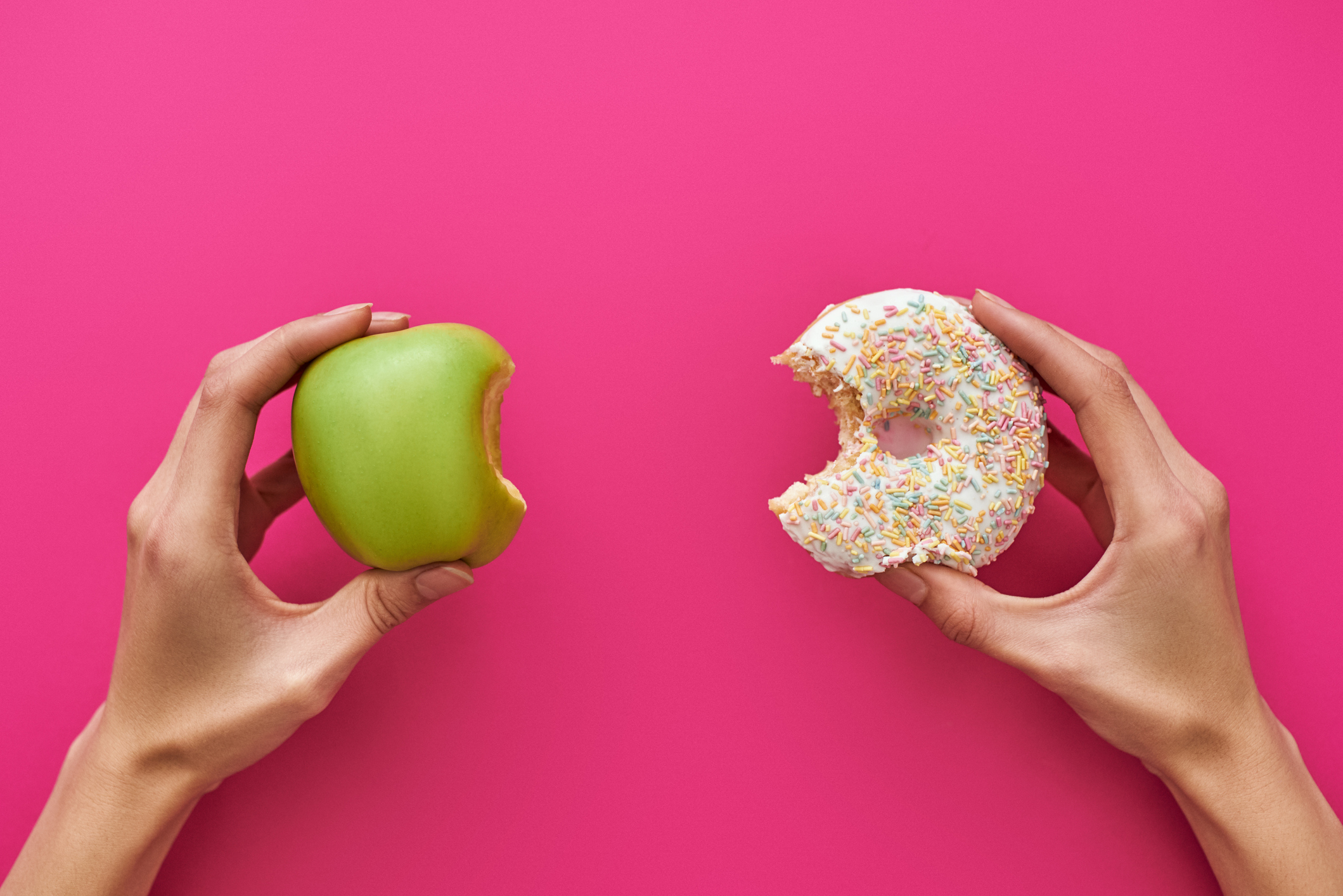

If you’ve been reading this newsletter for any length of time, you’ve surely read about the gut-brain connection.
Strange as it may sound, researchers have not only proven the existence of what is known as a gut-brain axis, they’ve been able to demonstrate the extensive role it plays in many aspects of our lives and health.
They’ve shown it’s the key to getting better sleep. They’ve identified it as the link between bowel problems and dementia. And maybe the most surprising finding is that it may be an effective way to cut down on food cravings.
Most recently, research has found a way to “hack” your gut-brain connection to influence your food choices, reducing the chances you’ll fall victim to conditions like obesity and diabetes.
Here’s what we know — and how you can make it work for you…
Prebiotics to the rescue
Prebiotics are indigestible dietary fibers that support gut health by promoting the growth and activity of beneficial gut bacteria.
Prebiotics are found in plant-derived foods such as onions, leeks, artichokes, wheat, bananas, and in high concentrations in chicory root.
And, according to recent research, it turns out that consuming prebiotics can reduce the temptation to eat those high-calorie foods that aren’t so good for you.
Helping the brain curb cravings
The study involved 59 young to middle-aged overweight adults who typically ate a Western diet, including meats, dairy, and plant food.
Researchers had them consume 30 grams of inulin, a prebiotic derived from chicory root, daily for 14 days.
While being monitored by MRI imaging, volunteers were shown pictures of food and asked to rate how much they wanted to eat the meals shown. They were then given their top-rated meal to eat.
The participants repeated this procedure four times — twice after receiving inulin, and twice after receiving a placebo (a preparation with equal density but with no prebiotics).
When the participants evaluated and ate desirable foods, there was significantly less activation of reward-related brain areas after they had consumed prebiotic fiber. At the same time, there was a shift in the composition of their gut bacteria.
“The results suggest a potential link between gut health and brain function, in this case food decision-making,” says Dr Veronica Witte, co-author of the study and a scientist at the University of Leipzig Medical Center.
How to get going with prebiotics
A follow-up study is currently underway, examining the effects of long-term, high-dose prebiotic administration over six months on eating behavior, brain function and body weight in people living with overweight and obesity.
“Further studies are needed to investigate whether treatments that alter the microbiome could open up new avenues for less invasive approaches to the prevention and treatment of obesity.
“A better understanding of the underlying mechanisms between the microbiome, gut, and brain could help to develop new strategies that promote healthier eating habits in people at risk,” says Dr Witte.
In the meantime, there’s no harm in making your diet healthier by adding a dose of prebiotics — especially if you’re not eating any of them now.
Foods to consider adding include:
In the meantime, there’s no harm in making your diet healthier by adding a dose of prebiotics — especially if you’re not eating any of them now.
Foods to consider adding include:
- Onions
- Garlic
- Leeks
- Bananas
- Asparagus
- Artichoke
- Beans
- Berries
- Whole grains
- Apples
- Oats
- Barley
- Lentils
- Cabbage
- Leafy greens
Sources:
How plant-derived nutrients can affect the gut and brain — Science Daily
Prebiotic diet changes neural correlates of food decision-making in overweight adults: a randomised controlled within-subject cross-over trial — BMJ Journals / Gut

